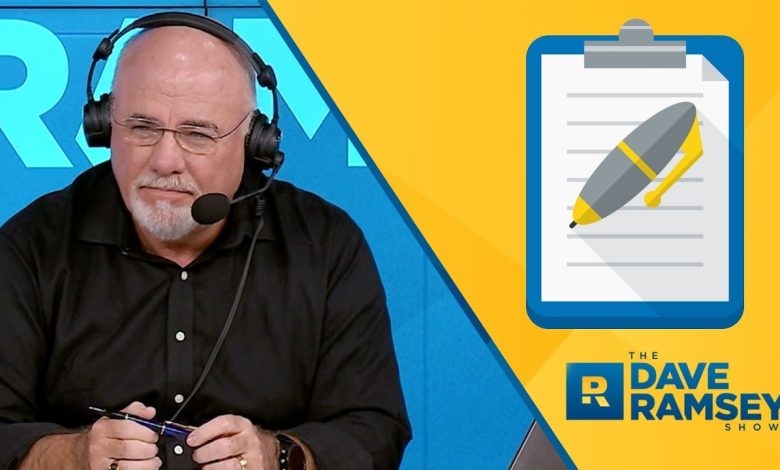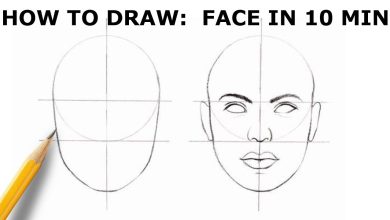How to Create and Stick to a Budget

Creating and Sticking to a Budget
Having a regular budget is a crucial part of managing your finances. Without a budget, your finances are more likely to be mismanaged. Creating and sticking to a budget doesn’t have to be a daunting task – here are a few simple steps to get started:
1.Track your spending
Start with tracking all your expenses for one complete month. This helps you understand the details of where your money is going and how much you spend. To begin, you can use an app, write it down on paper, or use a spreadsheet.
2.Establish your spending habits
Finding patterns in your spending helps you create and stick to a budget. Take a look at your regular expenses and try to identify any unnecessary spending. You can then adjust your spending to focus on your essential needs.
3.Set your budget goals
Think about financial goals that you can realistically achieve within a certain period of time. Once you have those in mind, set your budget accordingly. Pay yourself first by setting aside a certain portion of your income for savings, and make sure to account for necessary expenses.
4.Utilize budgeting tools
Using budgeting tools can help you easily stay on top of your finances. Several budgeting apps are available that provide easy-to-read visuals for tracking your income and expenses, breakdowns of your spending categories, and customizable goals.
5.Review and adjust
Analyze your budget periodically to ensure you’re getting the most out of your spending plan. Identify opportunities for cutting costs and find ways to save. Adjust your budget as needed and keep working towards your financial goals.
Tips for Budgeting Success:
- Create an emergency fund: Aim to save a certain amount of money in an emergency fund. This can help cover unexpected expenses, such as medical bills and car repairs.
- Maintain a positive mindset: Having a positive attitude can help you stay motivated while working towards your financial goals.
- Live within your means: Know your limits, and try to stay within that range. Avoid impulse purchases and always think twice before buying something.
- Plan for the future: For example, factor retirement savings into your budget. Doing so now can have a major impact on your future financial situation.
Creating and sticking to a budget is an important step to achieving financial security. With the right tools and knowledge, budgeting can be an easy way to ensure that you’re managing your money effectively.



